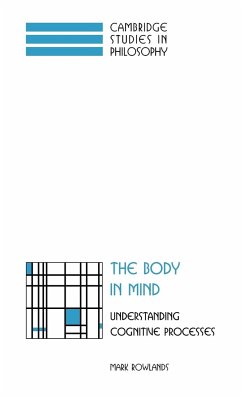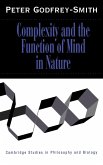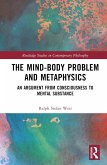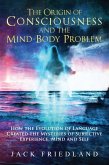In this book, Mark Rowlands challenges the Cartesian view of the mind as a self-contained monadic entity, and offers in its place a radical externalist or environmentalist model of cognitive processes. Cognition is not something done exclusively in the head, but fundamentally something done in the world. Drawing on both evolutionary theory and a detailed examination of the processes involved in perception, memory, thought and language use, Rowlands argues that cognition is, in part, a process whereby creatures manipulate and exploit relevant objects in their environment. It is not simply an internal process of information processing; equally significantly, it is an external process of information processing. This innovative book provides a foundation for an unorthodox but increasingly popular view of the nature of cognition.
Table of contents:
1. Introduction: 'a picture held us captive'; Part I. Psychotechtonics: 2. Environmentalism and what it is not; 3. Environmentalism and evolution; 4. Perception; 5. Memory; 6. Thought; 7. Language; Part II. Psychosemantics: 8. Two theories of representation; 9. Environmentalism and teleological semantics.
In this book, Mark Rowlands challenges the Cartesian view of the mind as a self-contained monadic entity, and offers in its place a radical externalist or environmentalist model of cognitive processes. His innovative analysis provides a foundation for an unorthodox but increasingly popular view of the nature of cognition.
This book offers a radical externalist or environmentalist model of cognitive processes.
Hinweis: Dieser Artikel kann nur an eine deutsche Lieferadresse ausgeliefert werden.
Table of contents:
1. Introduction: 'a picture held us captive'; Part I. Psychotechtonics: 2. Environmentalism and what it is not; 3. Environmentalism and evolution; 4. Perception; 5. Memory; 6. Thought; 7. Language; Part II. Psychosemantics: 8. Two theories of representation; 9. Environmentalism and teleological semantics.
In this book, Mark Rowlands challenges the Cartesian view of the mind as a self-contained monadic entity, and offers in its place a radical externalist or environmentalist model of cognitive processes. His innovative analysis provides a foundation for an unorthodox but increasingly popular view of the nature of cognition.
This book offers a radical externalist or environmentalist model of cognitive processes.
Hinweis: Dieser Artikel kann nur an eine deutsche Lieferadresse ausgeliefert werden.








